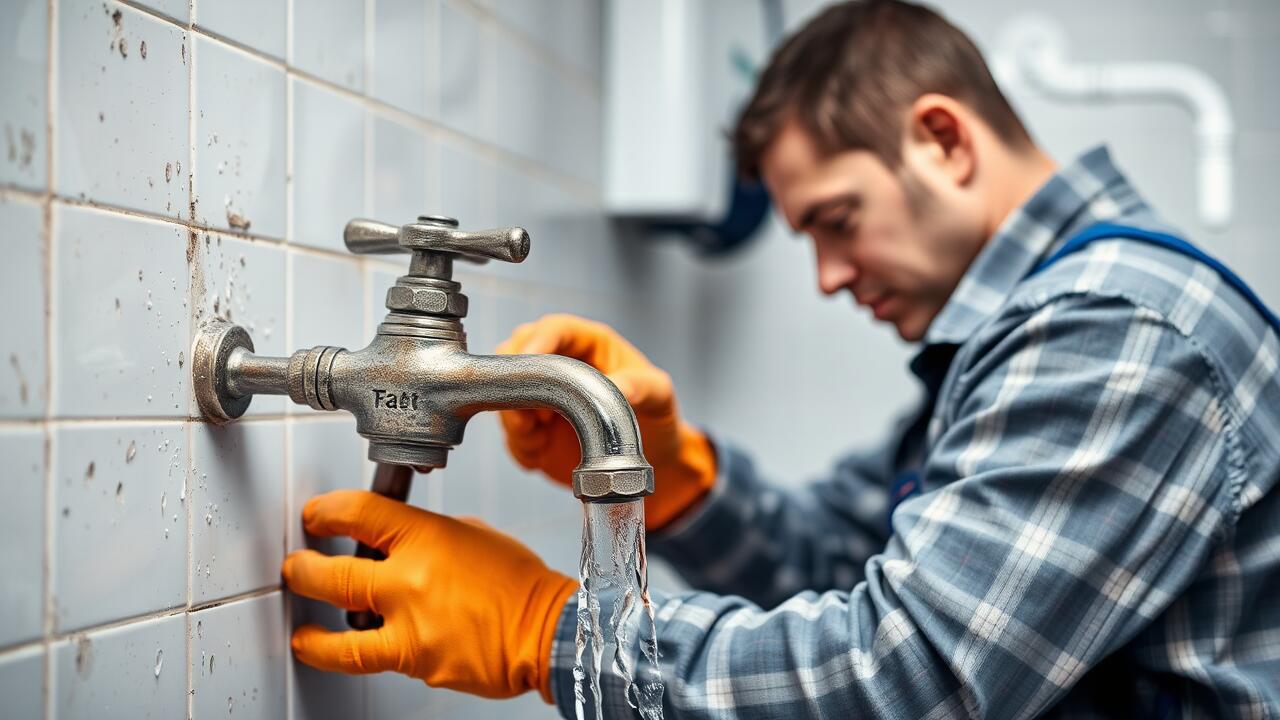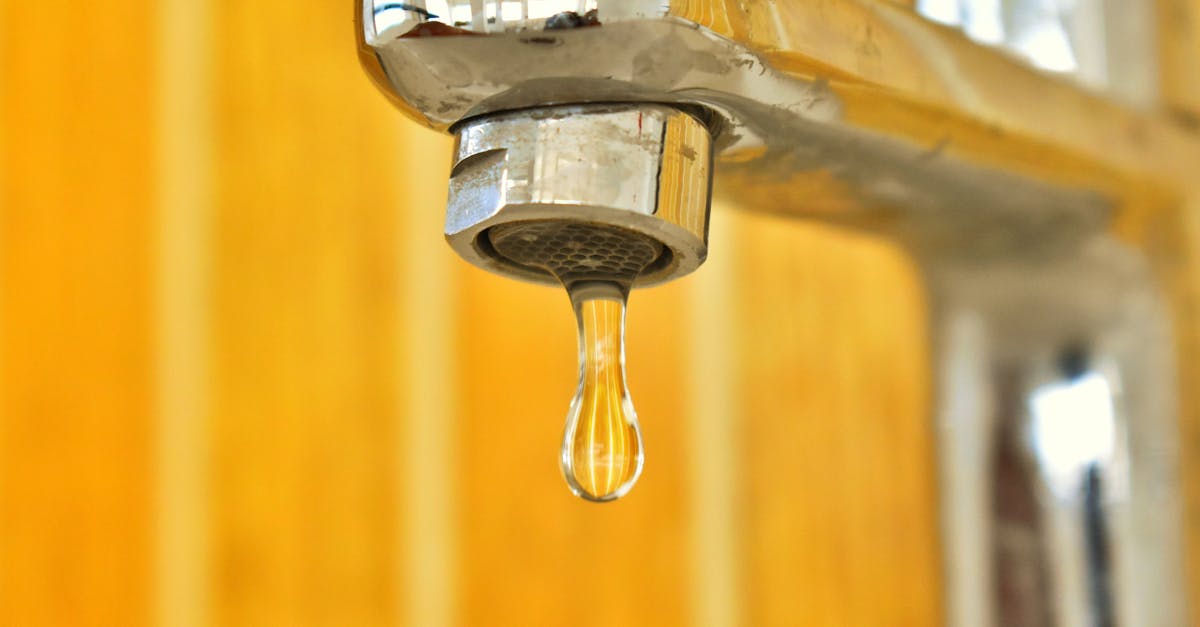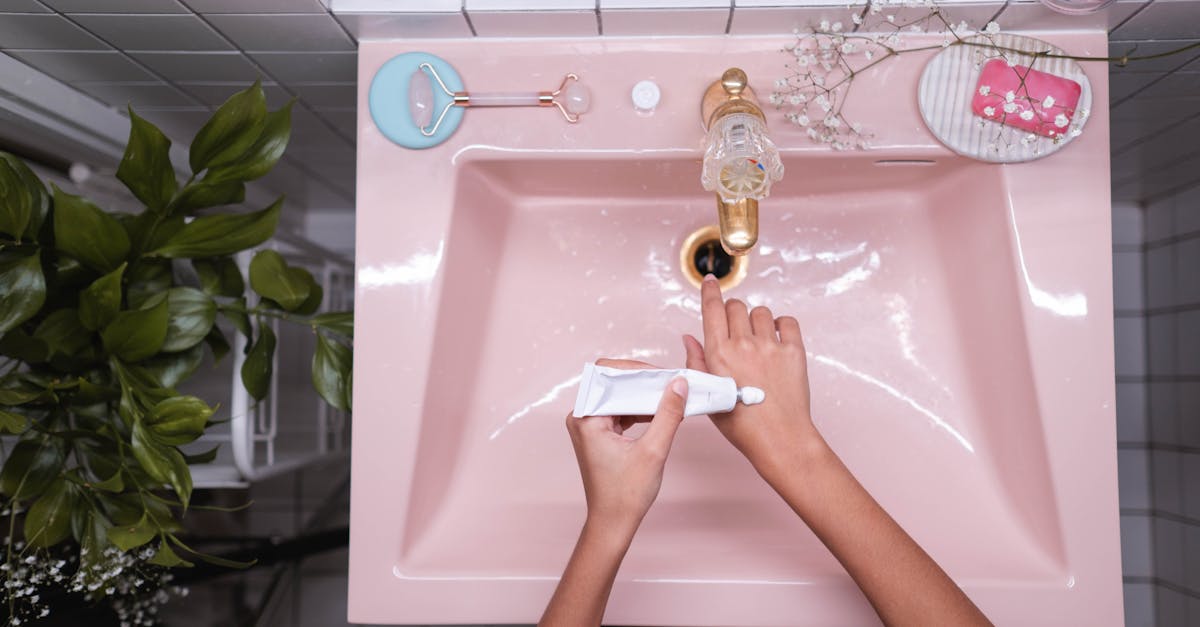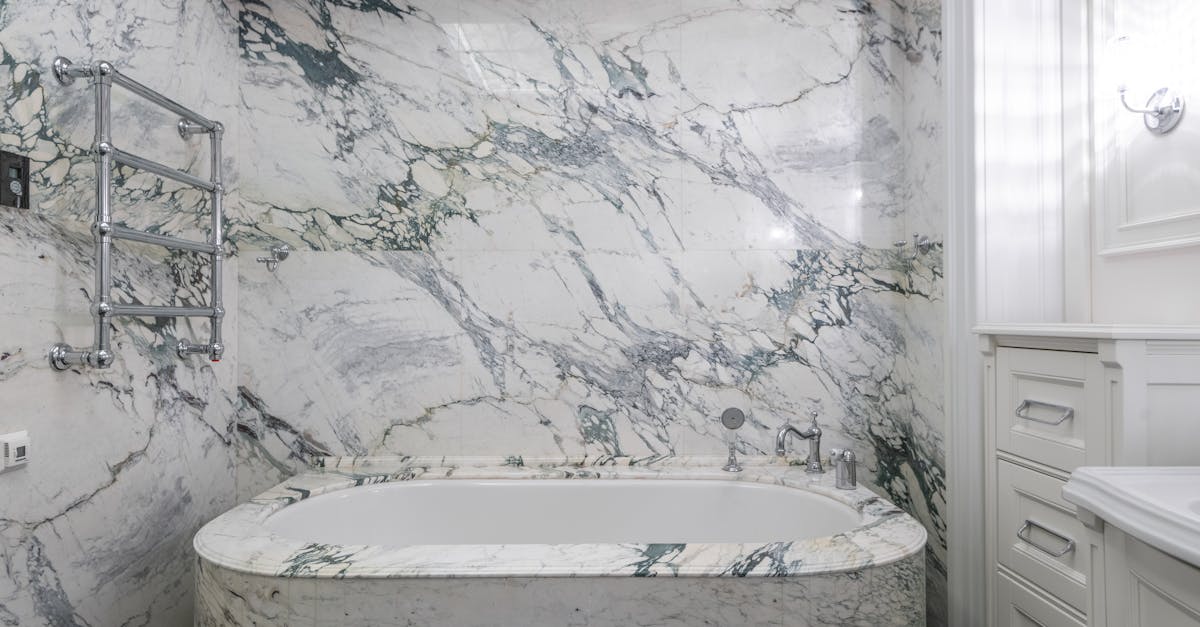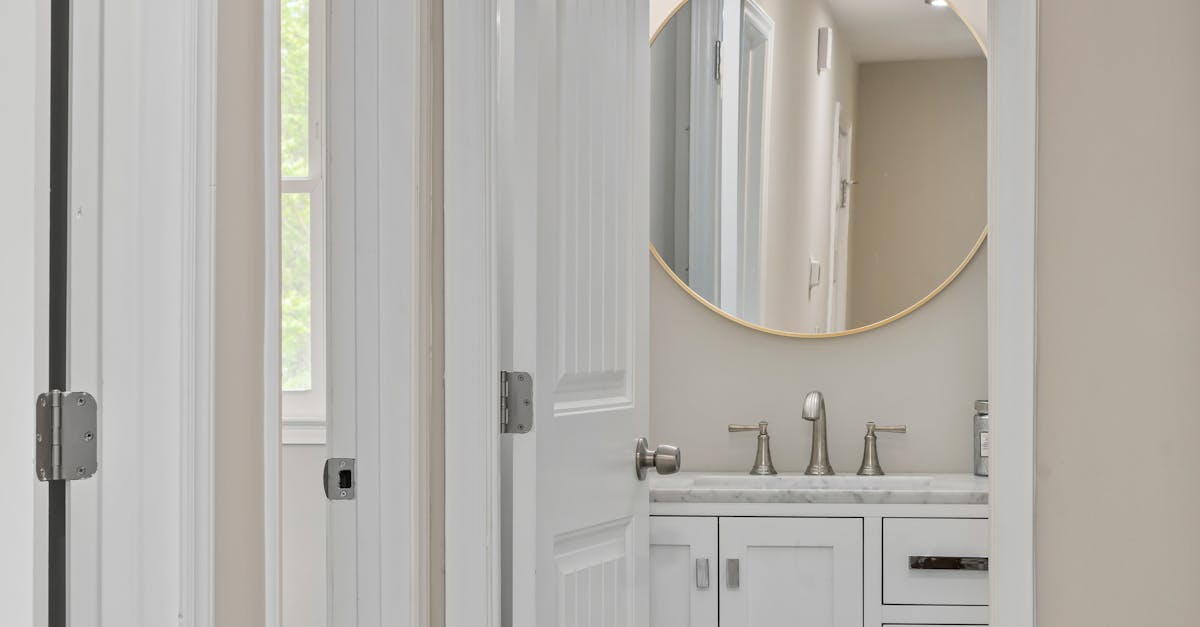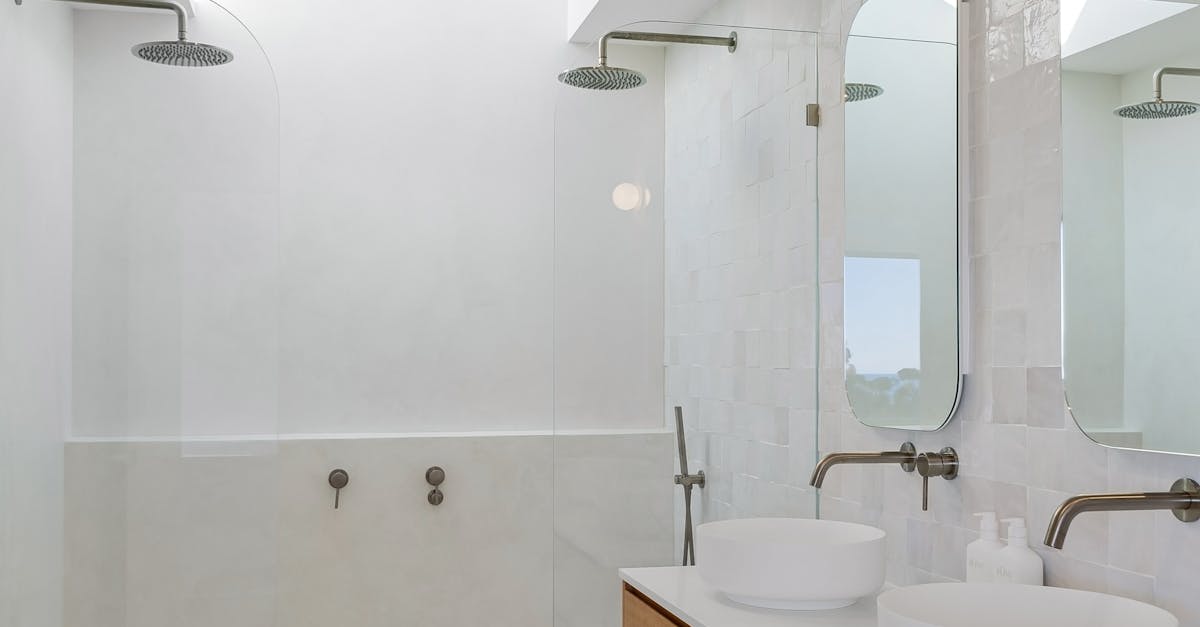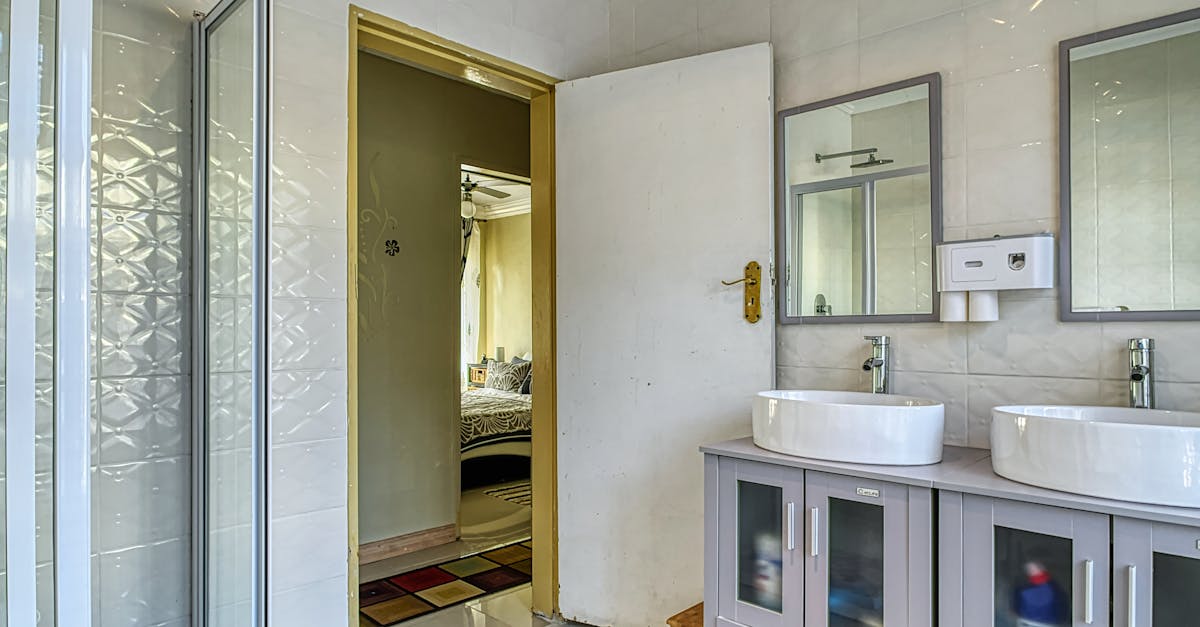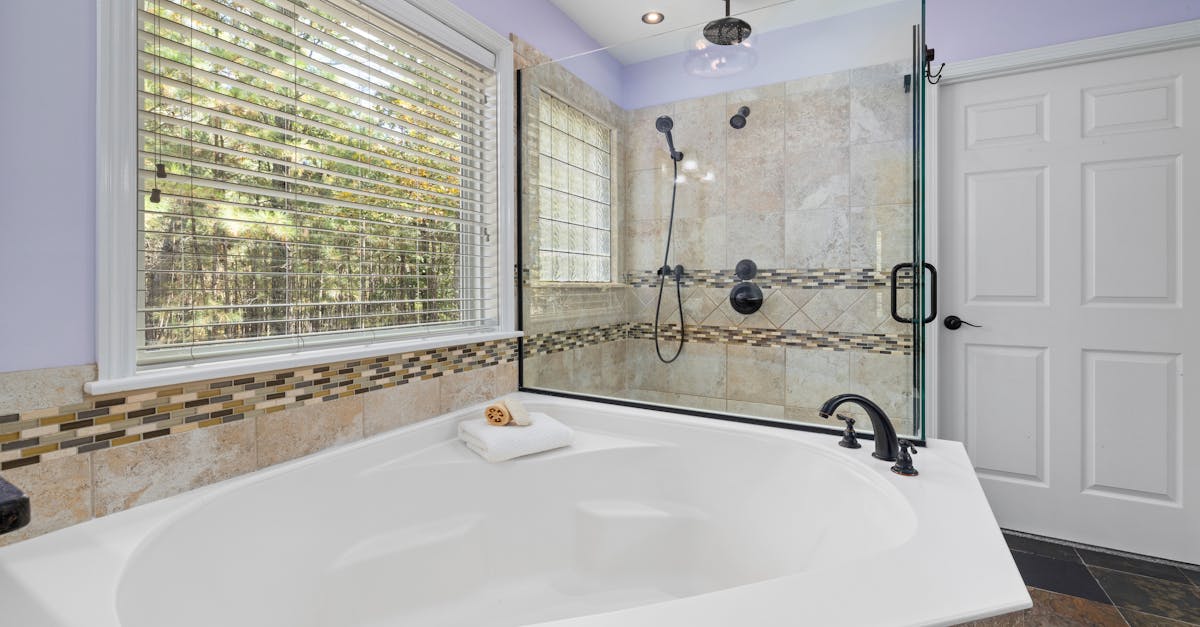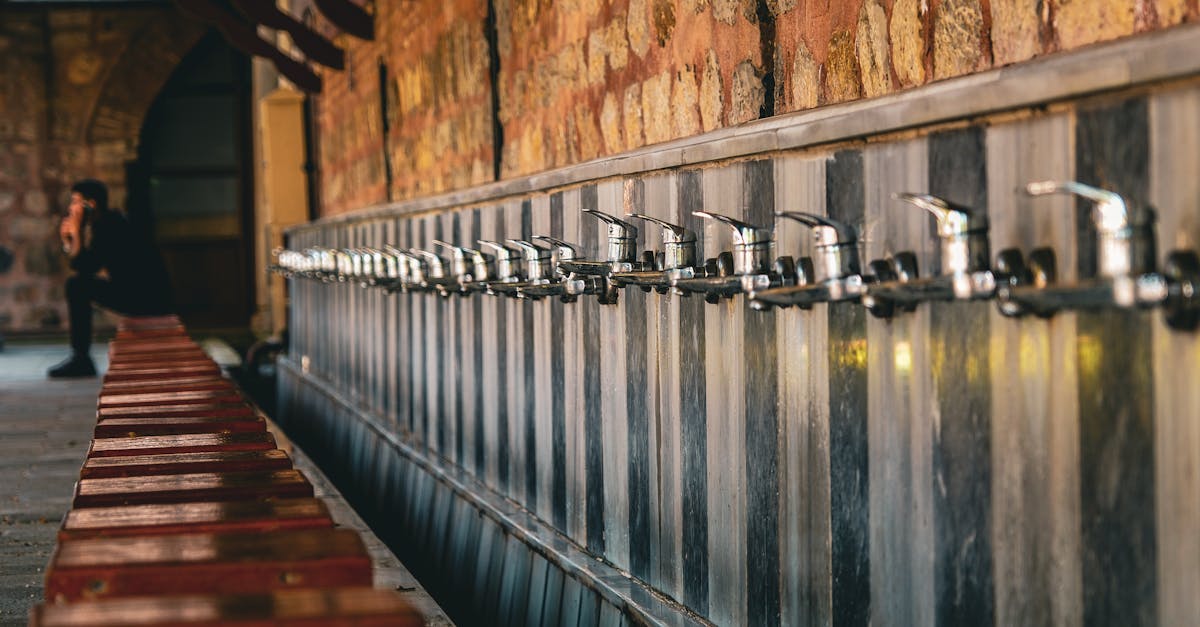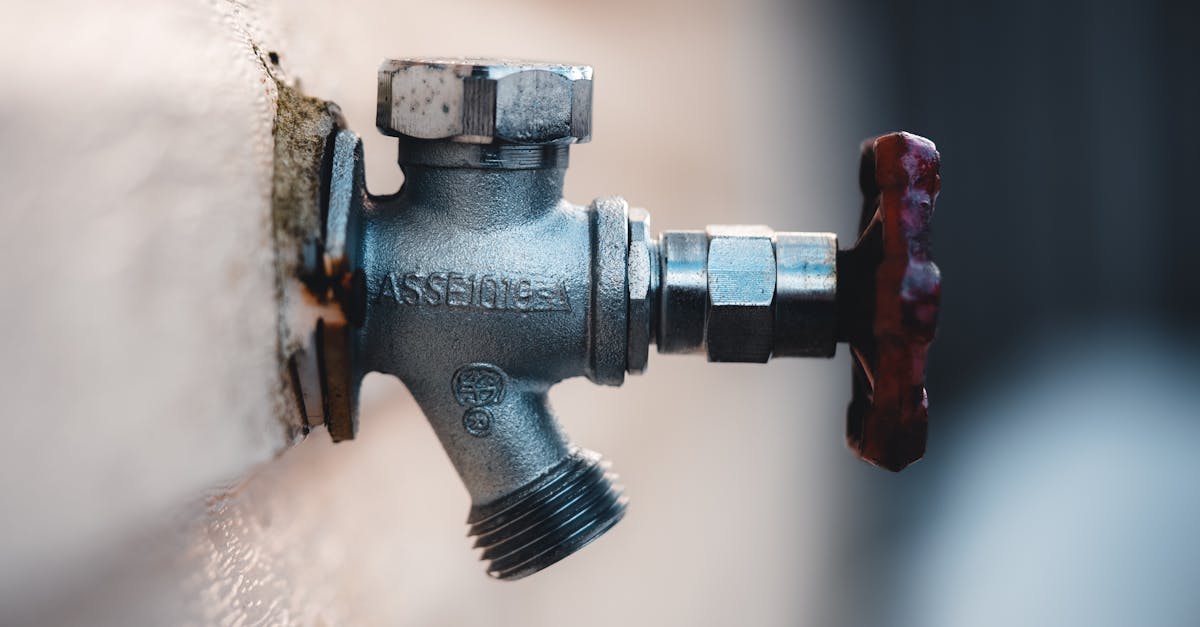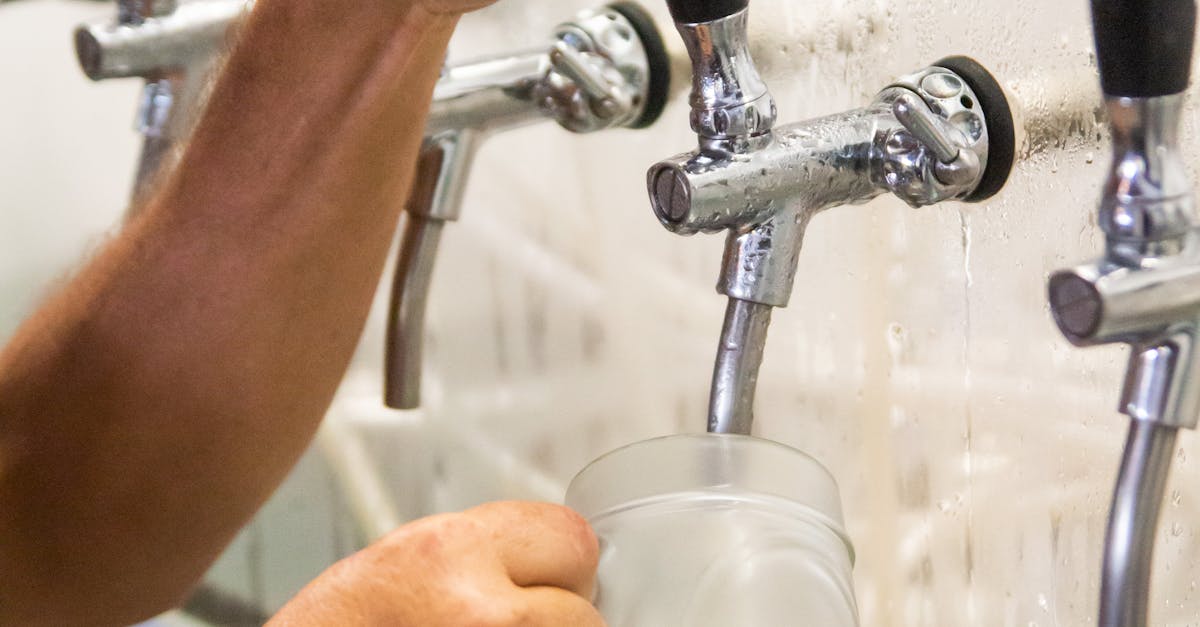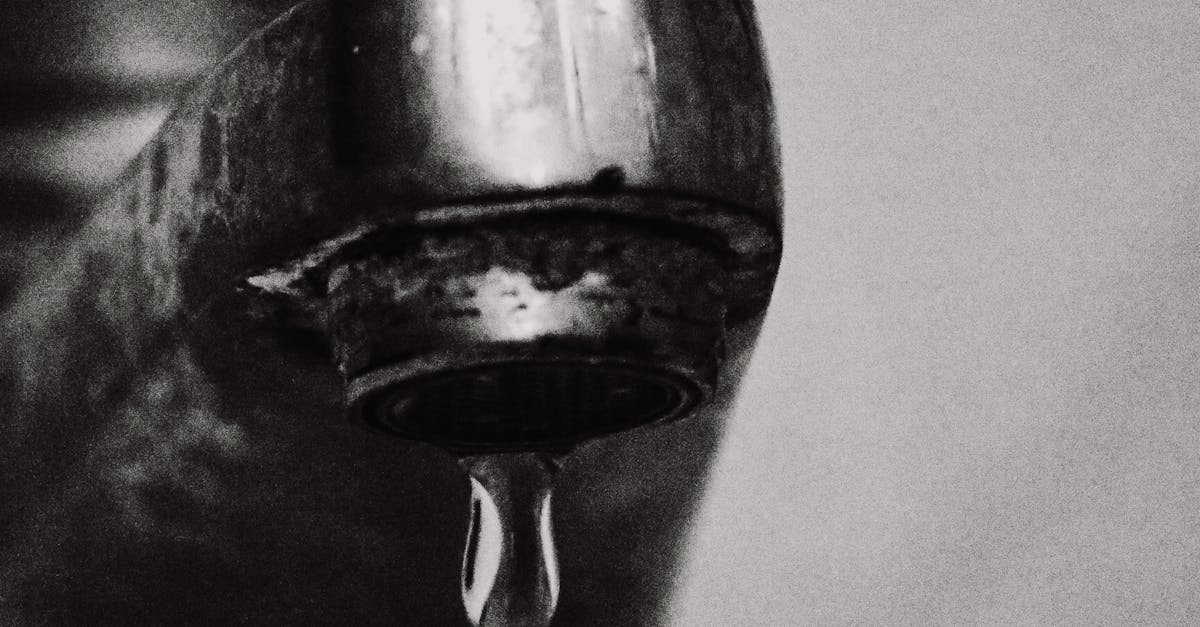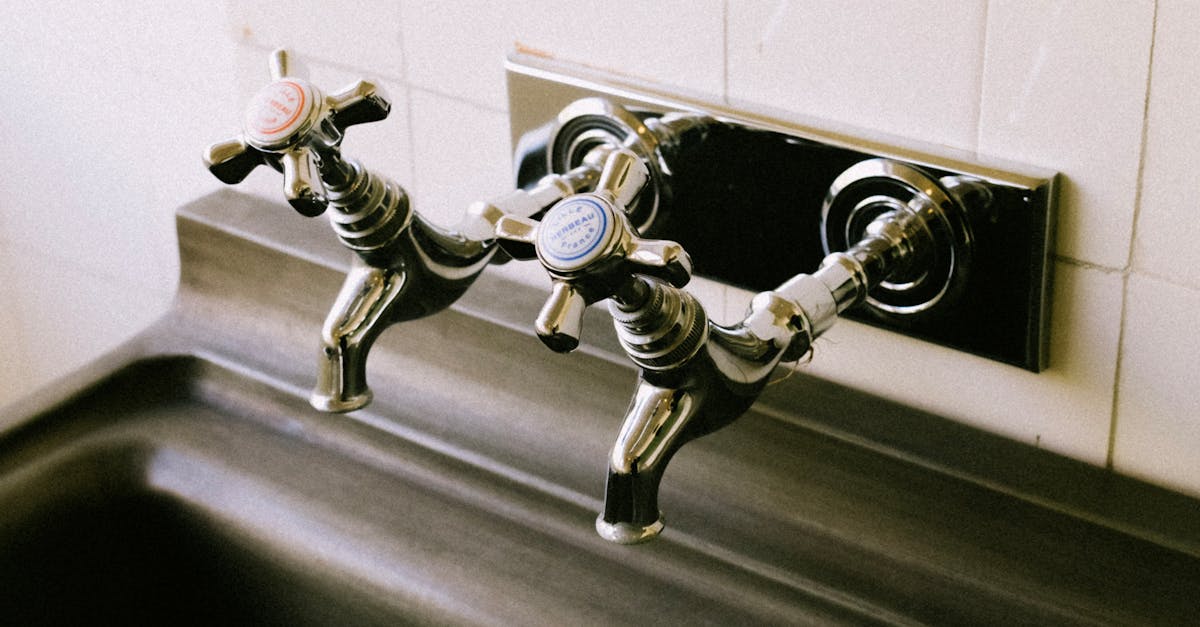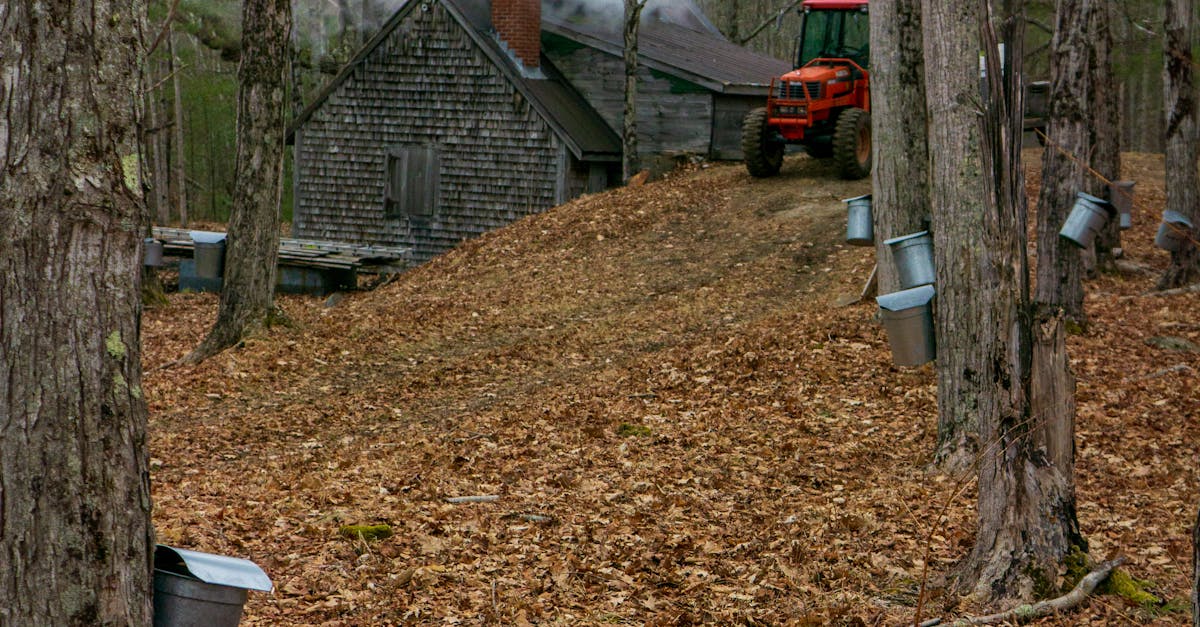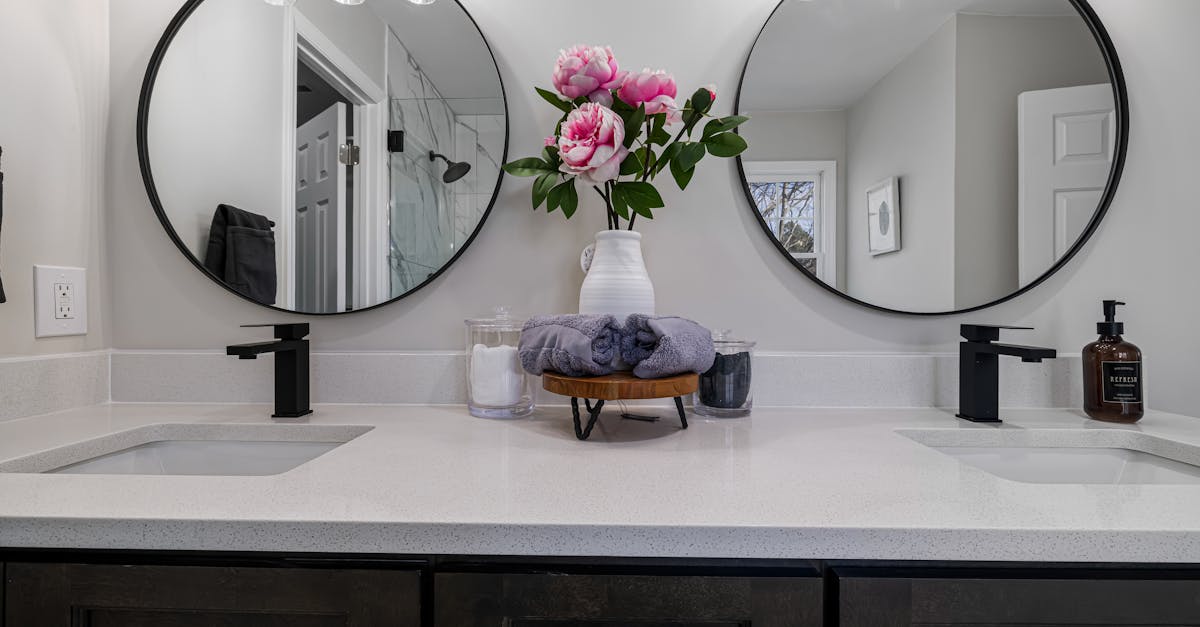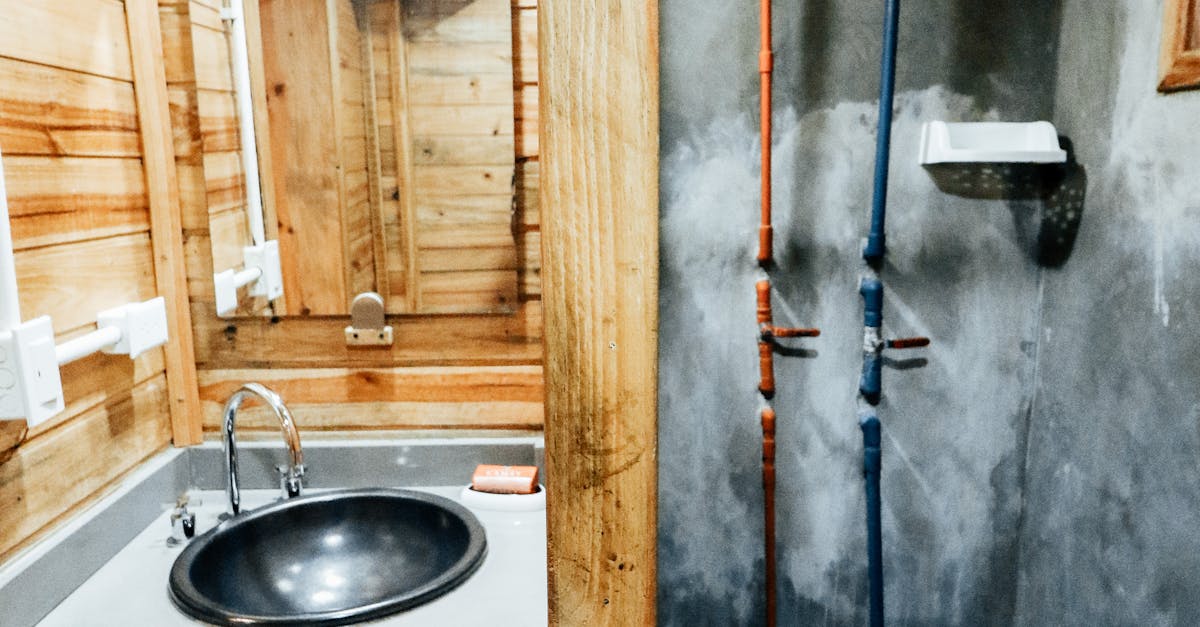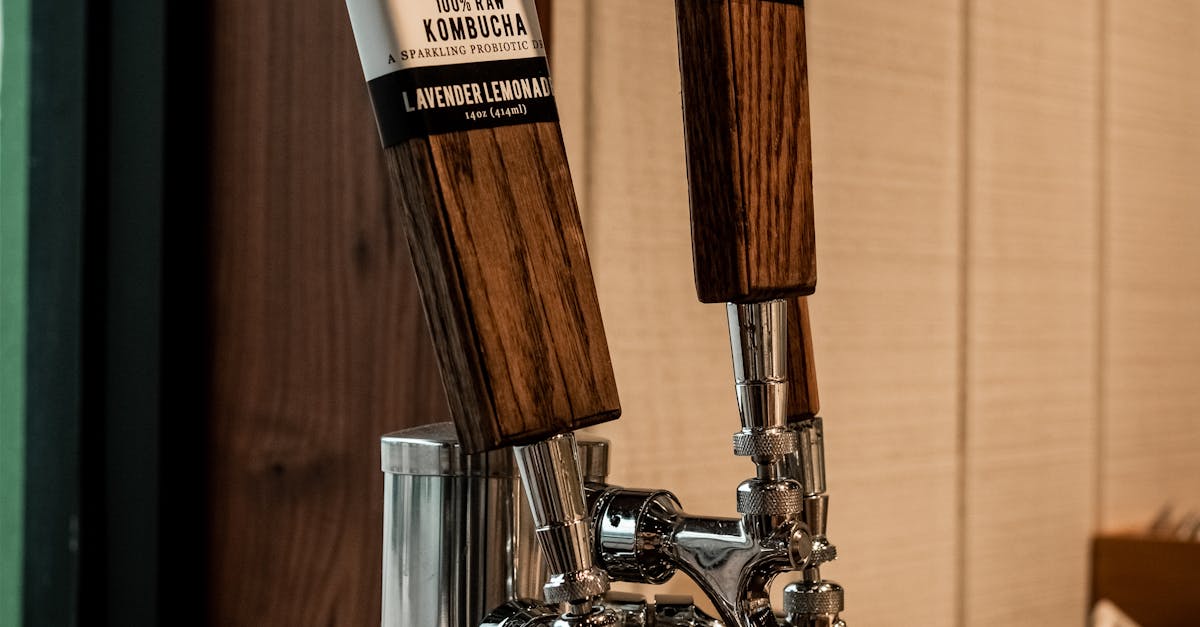
Table Of Contents
Preventive Measures for Future Leaks
Leaking taps can often be avoided through regular inspection and maintenance. Assessing the condition of your taps periodically allows you to identify any early signs of wear or damage. Keeping tap threads clean and free of debris helps maintain a tight seal. If the tap experiences irregular usage, consider implementing a routine check-up schedule to catch potential issues before they escalate.
Another effective preventive measure involves using the right tools and materials during installation. Ensuring that threads are properly aligned and tightened can significantly reduce the risk of leaks. Choosing high-quality washers that are compatible with your tap type further enhances leak prevention. Adopting these practices not only extends the life of your taps but also contributes to overall water conservation.
Best Practices for Tap Maintenance
Regular maintenance of taps can significantly reduce the chances of leaks. Inspecting tap fittings and connections for signs of wear is crucial. Look for any fraying or corrosion around the joints. A thorough cleaning of tap surfaces can also help prevent the build-up of mineral deposits, which may interfere with functionality. By ensuring that all moving parts are lubricated and in good condition, you can extend the life of your tap and minimise the risk of leaking taps.
Additionally, replacing worn or damaged components promptly is vital in maintaining tap performance. Keeping spare washers and seals on hand can facilitate quick repairs when issues arise. Tightening loose fittings can often prevent the onset of leaks. Regular checks for drips or dampness around the tap base offer an early warning, allowing for timely intervention. A proactive approach to tap maintenance guarantees that minor problems do not escalate into major issues, ultimately saving time and money in repairs.
Understanding Different Types of Tap Threads
Different tap threads serve distinct purposes in plumbing, affecting how taps connect to pipes and fixtures. The most common thread types include BSP (British Standard Pipe) and NPT (National Pipe Thread). BSP threads are widely used in Australia, characterised by their parallel or tapered design, providing a seal without the need for excessive tightening. Conversely, NPT threads, often found in American plumbing systems, require a tighter fit and engaged thread for effective sealing. Understanding these differences can help identify the right components for repairs or replacements.
Knowing the specific type of thread in your tap is essential to address issues like leaking taps efficiently. When a tap leaks, it may stem from improper thread compatibility or wear over time. Recognising thread types ensures that you select the appropriate seals and washers, reducing the likelihood of leaks and prolonging the lifespan of your plumbing fixtures. Identifying if a problem arises from the thread itself or from other components will make your maintenance efforts more effective.
Common Thread Types and Their Uses
Commonly used tap threads include the BSP (British Standard Pipe) and NPT (National Pipe Thread) types. BSP threads are prevalent in Australia, often found in plumbing and irrigation systems. These threads feature a tapered design that ensures a secure fit when installed properly. NPT threads, though more common in North America, may also be encountered in imported products. Each thread type has distinct applications, making it important to identify which is most suitable for your needs to prevent issues like leaking taps.
In addition to BSP and NPT, metric threads are increasingly used in modern taps, particularly in European designs. Such threads are generally finer and provide a different sealing solution. It’s crucial to understand that the type of thread affects compatibility with washers and seals. A mismatch can lead to insufficient sealing, resulting in problems like leaking taps, which can be frustrating and potentially damaging if not addressed promptly.
The Role of Washers in Tap Functionality
Washers play a crucial role in the overall functionality of taps. They create a watertight seal between the tap body and the tap handle, preventing water from leaking out. Over time, washers can wear down due to constant friction and exposure to water, making them less effective. This deterioration often leads to leaking taps, which not only wastes water but can also cause damage to surrounding fixtures.
Choosing the right washer is essential for ensuring optimal tap performance. Different taps may require specific types or sizes of washers, which can vary based on their design and application. Regular inspection and replacement of worn washers can significantly reduce the occurrence of leaking taps. Ensuring that the correct washer is fitted helps maintain a reliable seal, ultimately enhancing the longevity and efficiency of the tap.
Choosing the Right Washer for Your Tap
Selecting the right washer for your tap is crucial in preventing issues such as leaking taps. Washers come in various materials, including rubber, silicone, and plastic. Each type serves a specific purpose and offers different levels of durability and resistance to wear. For instance, rubber washers are commonly used in standard taps, while silicone washers often provide better longevity and resistance to temperature fluctuations. Understanding the specifications of your tap will guide you in making the right choice.
When replacing a washer, ensure that you match the size and type precisely to the old one. A washer that is too large or too small can lead to inadequate sealing, resulting in leaking taps. It is also advisable to inspect the condition of the tap seat, as a damaged seat can compromise the effectiveness of the new washer. Regular maintenance and replacement of washers will help keep your taps functioning optimally and prevent any future leaks.
FAQS
What are the common causes of tap thread leaks?
Common causes of tap thread leaks include worn-out washers, damaged thread seals, or improper installation of the tap.
How can I determine if my tap thread is leaking?
Signs of a leaking tap thread include water dripping from the tap, a damp base or surrounding area, or a noticeable increase in your water bill.
What types of washers are best for preventing tap leaks?
Rubber and silicone washers are often the best choices for preventing tap leaks as they provide a good seal and can withstand varying temperatures and pressures.
Can I fix a leaking tap thread on my own?
Yes, many tap leaks can be fixed by replacing the washer or seal, tightening the tap, or using thread seal tape. However, if you're unsure, it's best to consult a professional.
How often should I maintain my taps to prevent leaks?
It's a good idea to inspect your taps and perform maintenance at least once a year. Regular checks can help catch any wear and tear before it leads to leaks.
